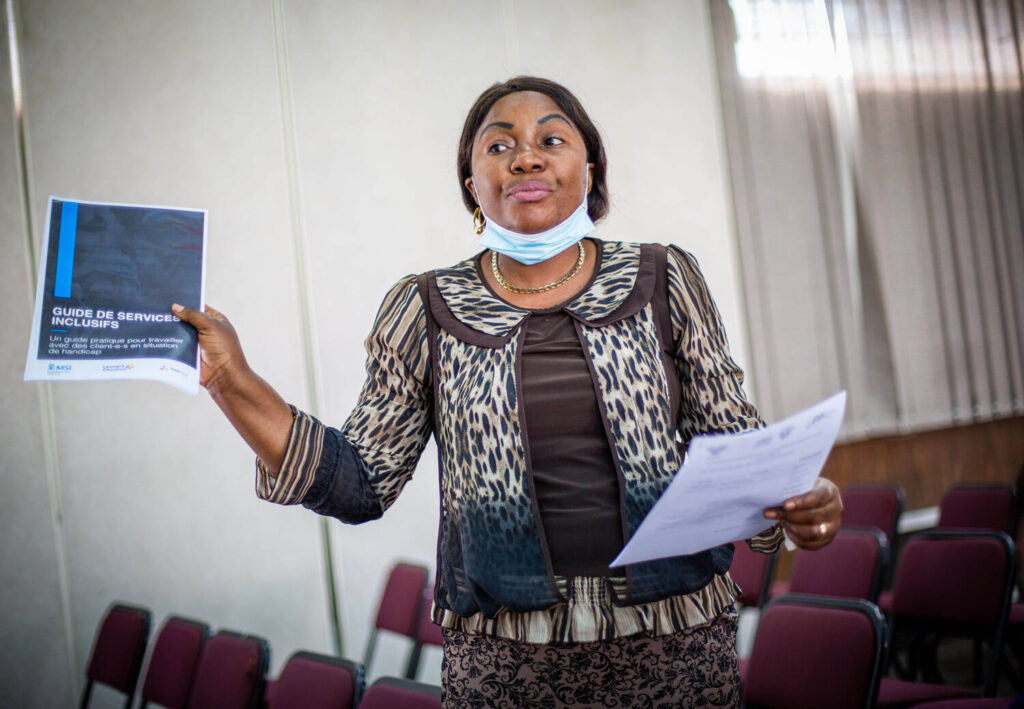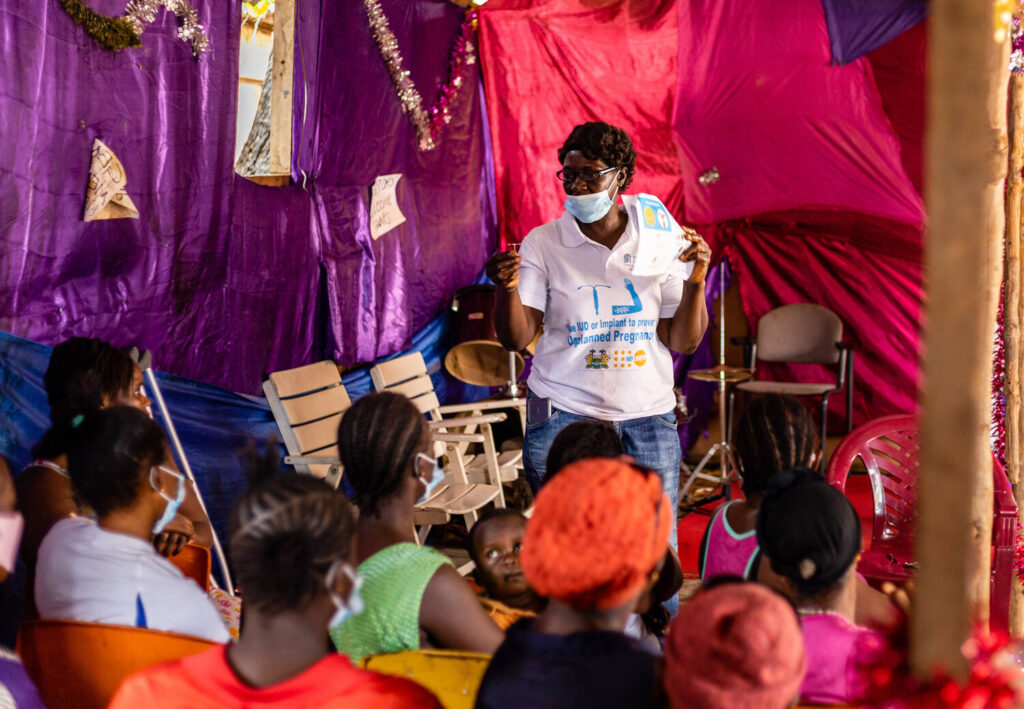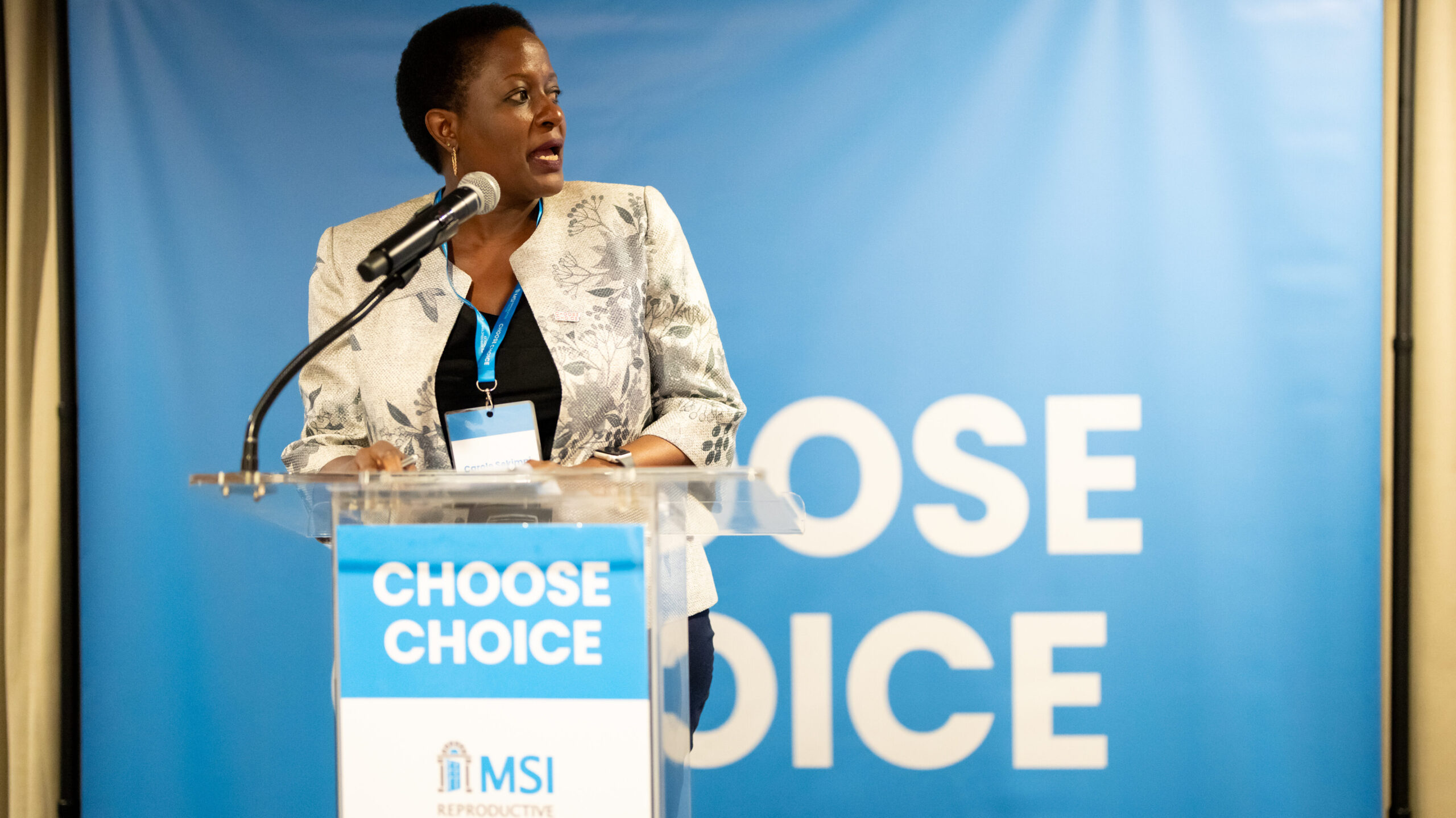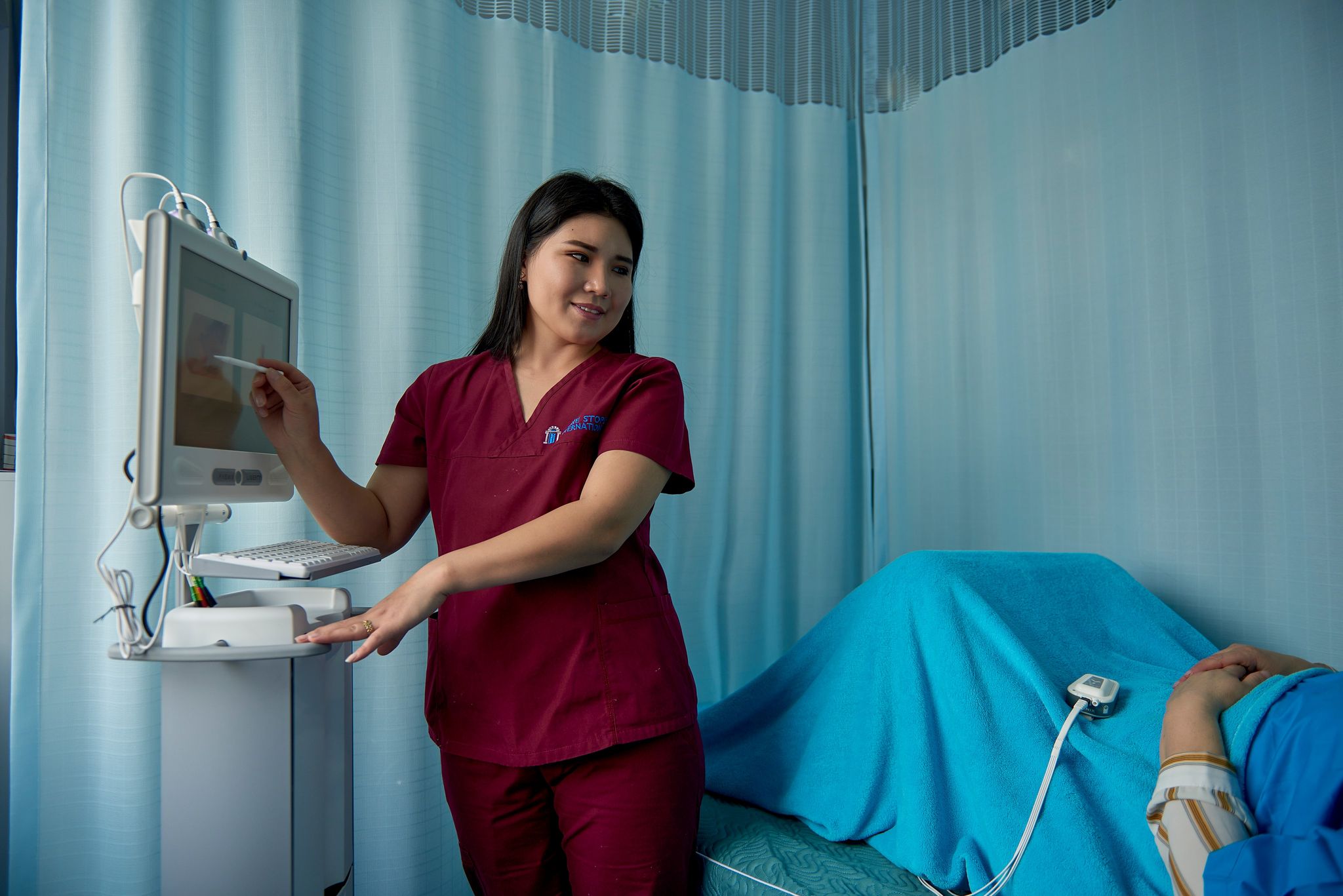
For more than five years of delivering the WISH programme, MSI and our partners have generated valuable insights, evidence and learnings, and have developed toolkits, trainings and resources. We are sharing these so the health sector can benefit and we can all improve, together.
Women’s Integrated Sexual Health (WISH) was a programme of delivering women’s reproductive healthcare across Africa and Asia, funded by the UK government. MSI led this work in West Africa with five partners. The focus was reaching people living in poverty, adolescents and those living with disabilities, ensuring no-one is left behind.
The first iteration of the WISH programme came to an end at the beginning of 2024. Here is a collection of Global Goods which are resources full of deep insights that we can all benefit from.
LEAVING NO ONE BEHIND
Adolescents
- Understanding adolescent clients: A deep dive on who our adolescent clients are, using a combination of routine data and client exit interviews
Survivors of sexual and gender-based violence
- Sexual and gender-based violence training package (pilot): An SGBV training package, including guidance for tailoring it for the context; please log in to the KAYA training platform
- Sexual and gender-based violence evidence brief: Provider perspectives inform SGBV basic care training and enable client-centred SRHR integration
- Experience of sexual and gender-based violence and disability & implications for SRHR providers: A literature review, in-country research in Sierra Leone, and analysis, to better understand the interactions between gender-based violence, safeguarding, and disability
Low-income communities
- Poverty heat maps how-to guide: A practical guide for practitioners in using poverty heat maps to reach those who need us most
People with disabilities
- Committed to leave no one behind: A report on the contributions of the WISH programme to increasing disability inclusive sexual and reproductive health and rights in West and Central Africa
- Disability inclusion in reproductive health programmes: An orientation and values clarification toolkit
- Community engagement for inclusive sexual and reproductive health: Practical guidance on how to engage with communities of people with disabilities, with case studies
- E-learning on disability inclusion: French and English e-learning modules on how to take further action to include people with disabilities; please log in to the KAYA training platform
- Understanding disabled women’s experiences: A short evidence brief on research in Sierra Leone on attitudinal barriers towards sexual and reproductive healthcare and their impact of family planning
- Designing services for and with people with disabilities: ‘Nothing about us without us’ — human centred design approaches and strategies for making services more accessible
- Safeguarding and consent: A look at supporting people with intellectual sensory disabilities with sexual and reproductive healthcare
- Report of in-person training and pilot in Nigeria: A brief with insights from the evaluation and review of disability inclusion work
Everyone
- Leaving no one behind in reproductive healthcare: A report with insightful learnings
- Spotlight webinars: A series of webinars covering key thematic areas of MSI’s work like ‘challenging social norms to empower adolescents’ and ‘leaving no one behind in reproductive healthcare’
ABORTION & POST-ABORTION CARE
- Evidence brief on effective medical abortion: compiled learnings on providing medical abortion via pharmacies
- Hersperian health guide app: Ways to improve client experience and outcomes of self-managed abortion with access to better information
- Expanding political support: Lessons learned from building political will for abortion access and rights
SHIFTING SOCIAL NORMS
- Social norms hub: A bespoke website featuring tools and examples for addressing social norms and evaluating social norms interventions
- Case study on using digital to reach people in low-resource settings: Sharing the experiences of the MSI Grandes Soeurs peer educators in Kinshasa using the Community.Connect app to improve referral tracking
- Evaluating strategies to challenge social norms and improve male engagement: Piloting a suite of interventions aimed at increasing male engagement in Northern Nigeria
CREATING AN ENABLING ENVIRONMENT
- Making the case for increased domestic investment: influencing public sector investment in family planning
- Universal health care in Nigeria: A blog sharing learnings from health insurance schemes in Nigeria, and looking at similar schemes in Ghana and Rwanda
- Sustainable pathways to reproductive choice: evidence report for how the WISH programme supported national advocacy efforts to improve sexual and reproductive health and rights in West and Central Africa
PUBLIC SECTOR STRENGTHENING
- Case studies: Example case studies on MSI’s health system strengthening approach in several country programmes
LISTENING TO OUR CLIENTS
- Toolkit on how to run ‘Client Exit Interviews’: A stepped guide on improved programming with client insights










